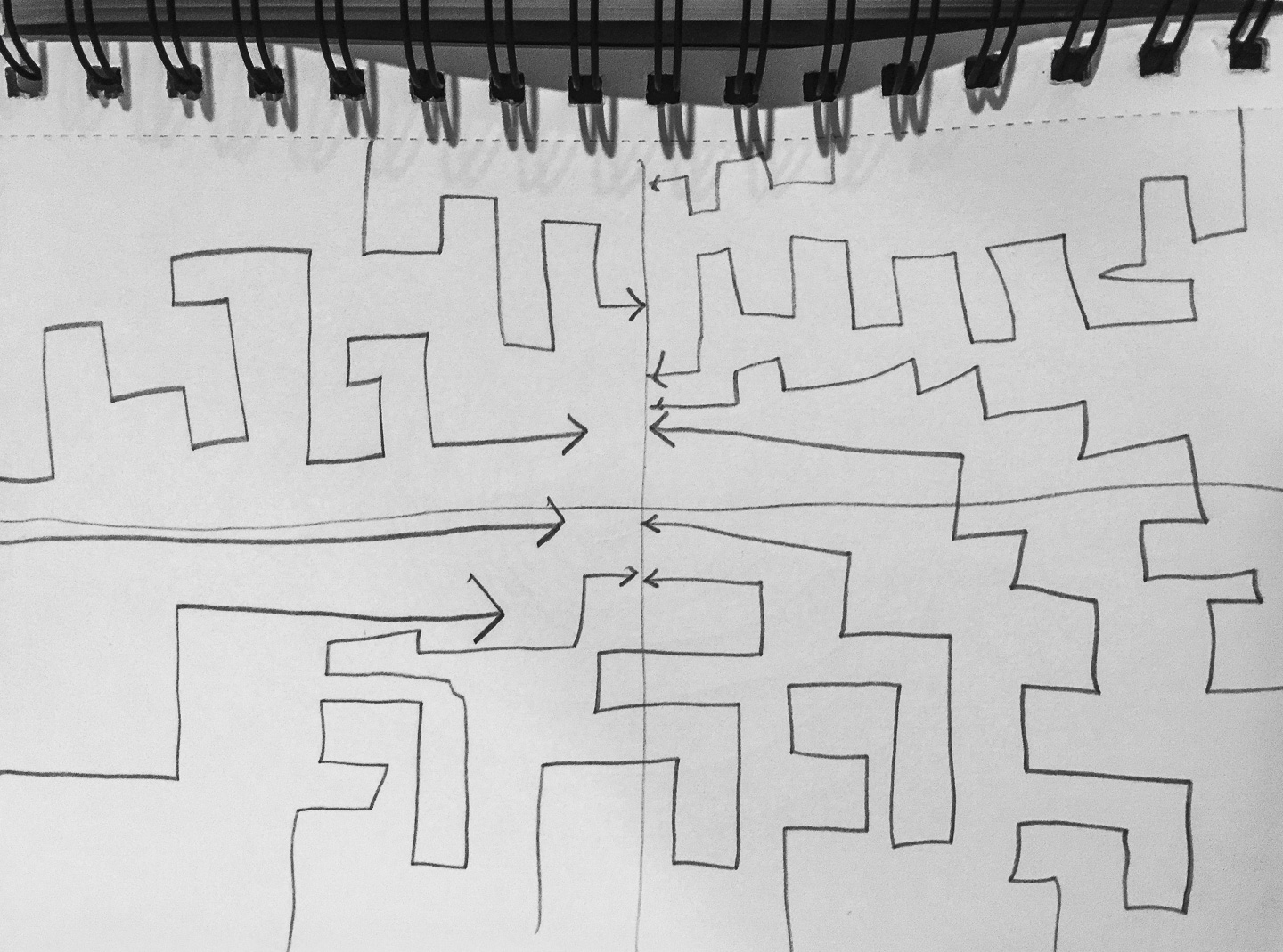
“Please, I need someone to enlighten me on the pros and cons of online courses for active learning and professional development.” There is quite a bit of contextual information missing to decode what is really being asked. We only know that it is an individual professional from an anglophone country in Africa. Still, I can think of at least three ways to answer this question. Answer #1. Wrong question.









